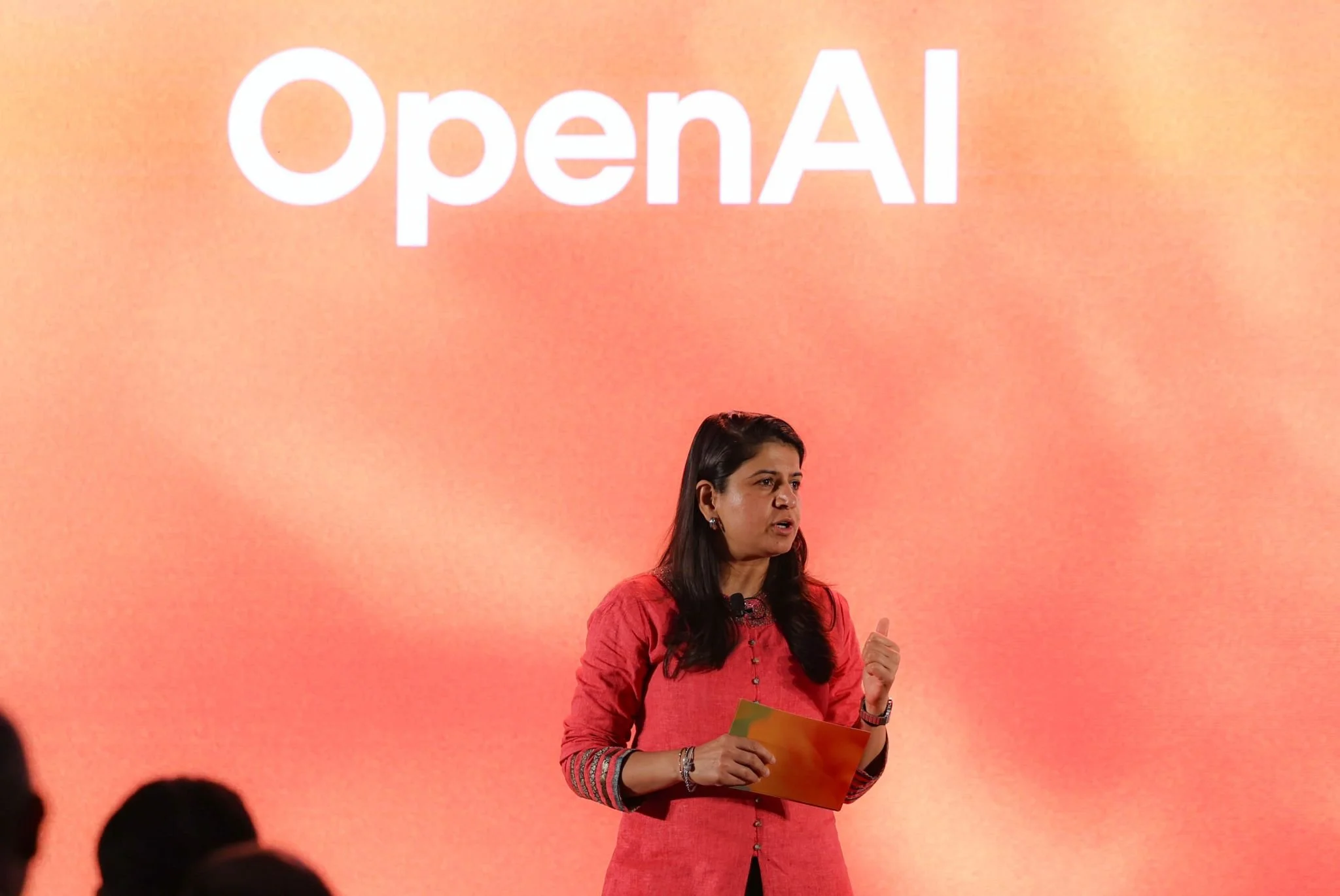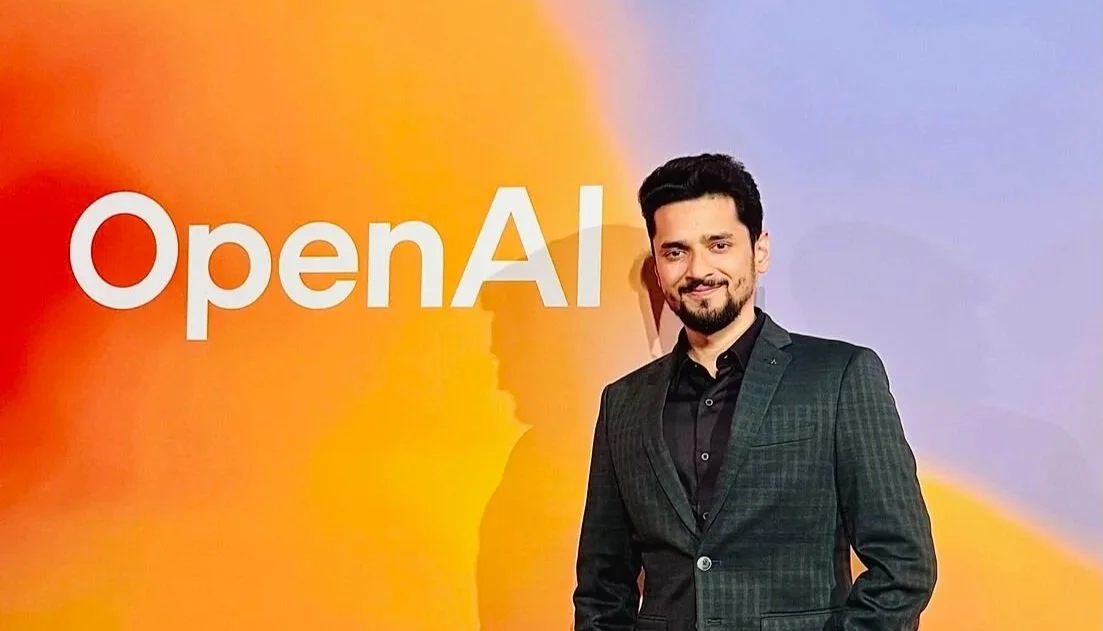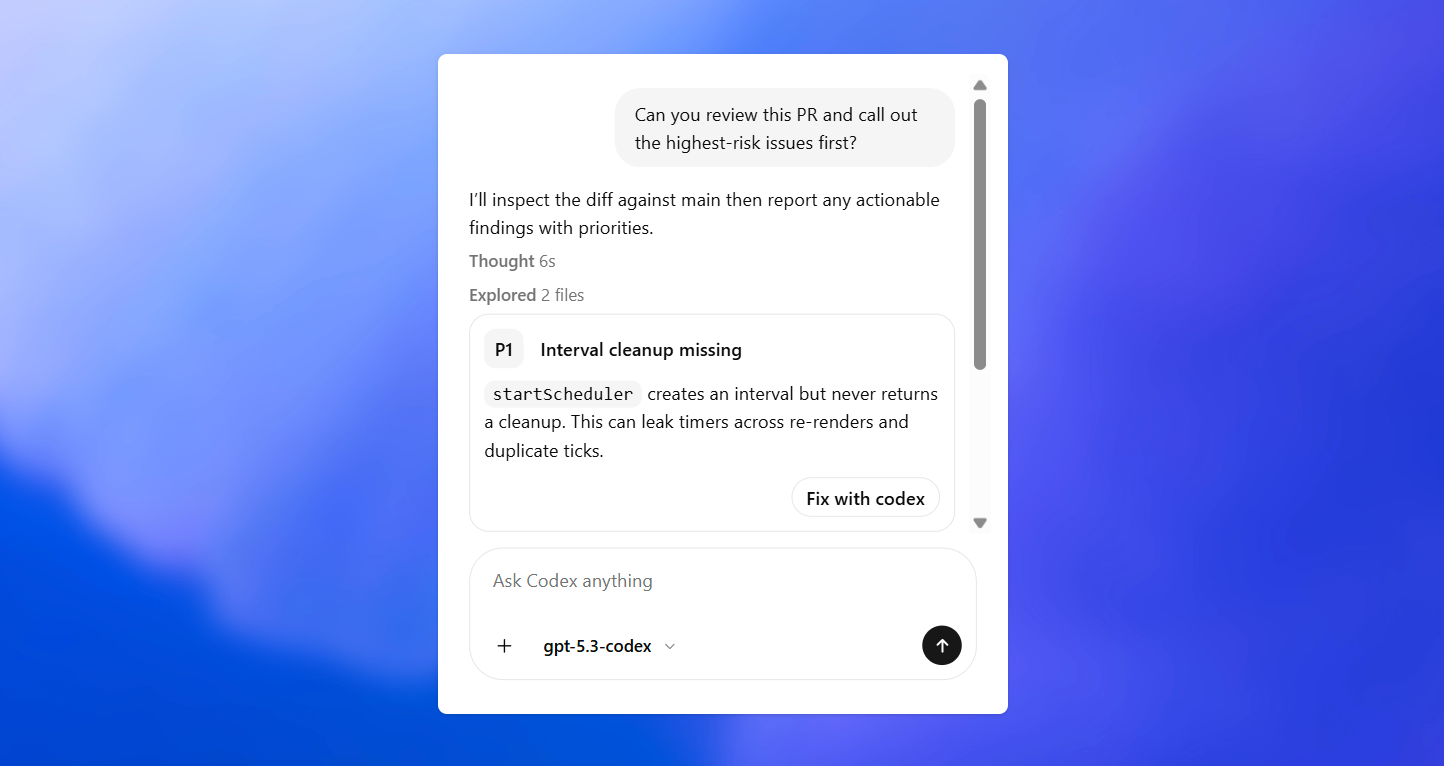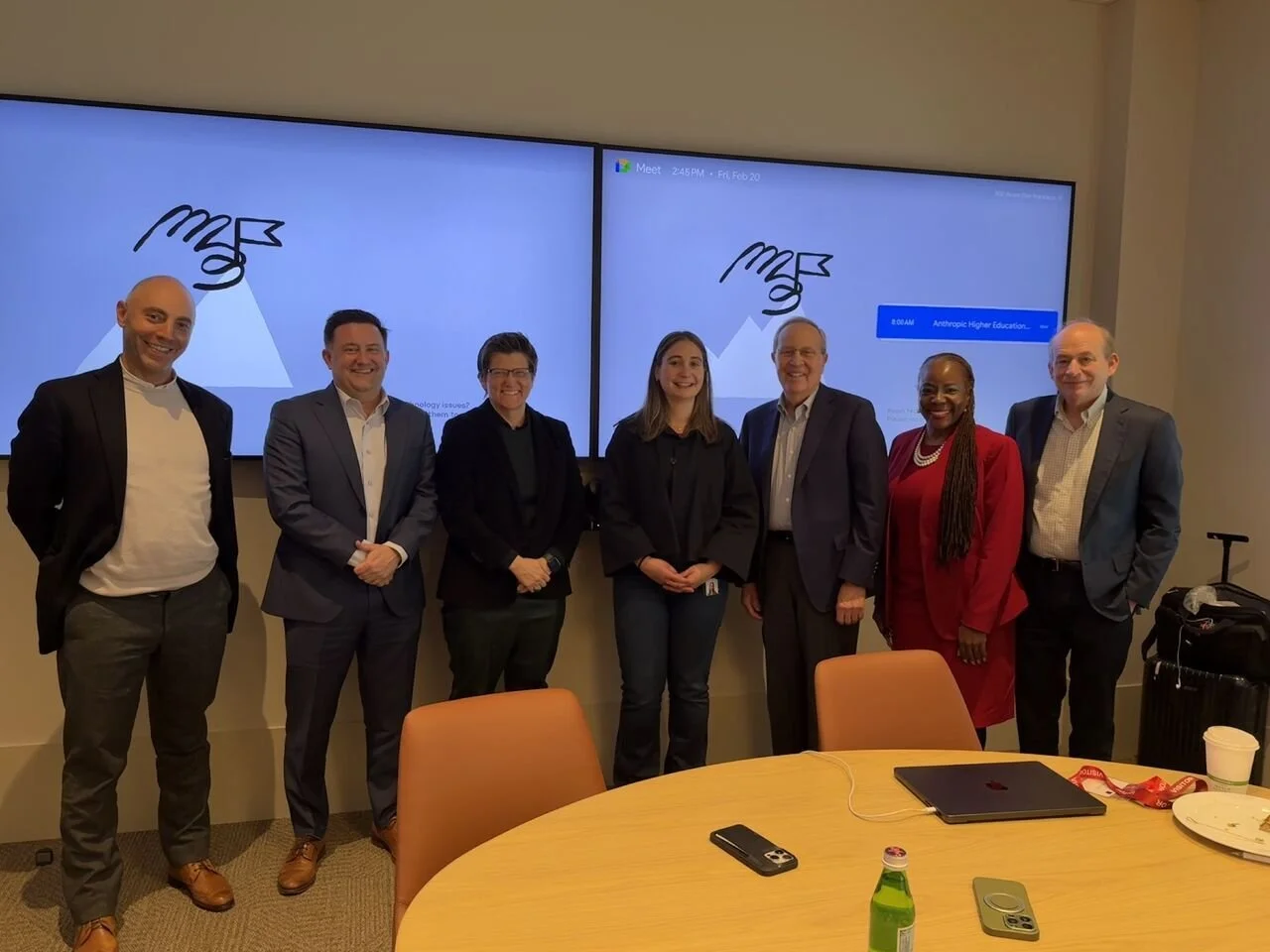Udemy CEO outlines Q2 2025 progress and AI skills plans in LinkedIn update
Image credit: Udemy
Udemy, a global online learning platform, reported continued progress on subscription products in Q2 2025. In a LinkedIn post, CEO Hugo Sarrazin said: “With approximately 70% of our top line now subscription-based, we are building a more predictable revenue stream.”
He noted that Udemy has surpassed 200,000 paid consumer subscribers, with subscriptions accounting for 15% of consumer revenue in the quarter. The company aims to grow subscriptions to 250,000 by year-end, with further expansion planned for 2026.
Sarrazin also confirmed plans to pilot programmatic advertising across free courses aimed at generating new revenue while supporting upsell into subscription products.
Partnerships to expand reach
Udemy is extending its partner ecosystem. In April, it announced a partnership with job platform Indeed, integrating Udemy content into the careers marketplace. It also confirmed integration with HR and workforce management provider UKG, enabling Udemy Business to connect with UKG Pro and UKG Ready.
Sarrazin pointed to regional growth strategies, including a reseller partnership with BCN Global in Latin America and the established model with Benesse in Japan. He wrote: “Each of these examples provides an early look at how we expect to unlock further revenue growth through our global partnership strategy.”
AI focus and product innovation
Sarrazin emphasized Udemy’s positioning as an “AI-powered skills acceleration platform.” He cited rising demand for topics such as vibe coding, with more than 100 Udemy courses now available, compared to fewer than 20 across competitors. Udemy’s positioning as an “AI-powered skills acceleration platform.” He cited rising demand for topics such as vibe coding, with more than 100 Udemy courses now available, compared to fewer than 20 across competitors.
Udemy has also launched new AI-driven tools. Its Model Context Protocol server is in beta with enterprise customers, designed to embed personalised learning in applications such as Claude and ChatGPT. Other AI features include Role Play, which allows professionals to practise skills with an AI coach, and an AI Assistant that supports learners within courses.
Sarrazin wrote: “Our dynamic marketplace motivates instructors to create content and keep it fresh… Our marketplace model is stronger in a fast-moving AI world.”
Targeted campaigns in markets including Brazil, India, and Japan are also being used to drive growth. Sarrazin said Japan has shown “double-digit year-over-year ARR growth and the highest gross retention in over three years,” following changes in management and go-to-market strategy.
He added that enterprise demand for AI-focused offerings such as Udemy’s AI Readiness and AI Growth packages is increasing, with companies like Devoteam, Prodapt, and a global medical technology firm adopting them for workforce training.
Sarrazin noted that while Udemy’s B2B business takes time to show topline growth, indicators such as subscription GMV and enterprise pipeline momentum are encouraging. He concluded: “With the pace of change from AI, Udemy’s instructor-powered marketplace provides a unique advantage that publishers cannot match.”
The ETIH Innovation Awards 2026
The EdTech Innovation Hub Awards celebrate excellence in global education technology, with a particular focus on workforce development, AI integration, and innovative learning solutions across all stages of education.
Now open for entries, the ETIH Innovation Awards 2026 recognize the companies, platforms, and individuals driving transformation in the sector, from AI-driven assessment tools and personalized learning systems, to upskilling solutions and digital platforms that connect learners with real-world outcomes.
Submissions are open to organizations across the UK, the Americas, and internationally. Entries should highlight measurable impact, whether in K–12 classrooms, higher education institutions, or lifelong learning settings.
Winners will be announced on 14 January 2026 as part of an online showcase featuring expert commentary on emerging trends and standout innovation. All winners and finalists will also be featured in our first print magazine, to be distributed at BETT 2026.
To explore categories and submit your entry, visit the ETIH Innovation Awards hub.

























